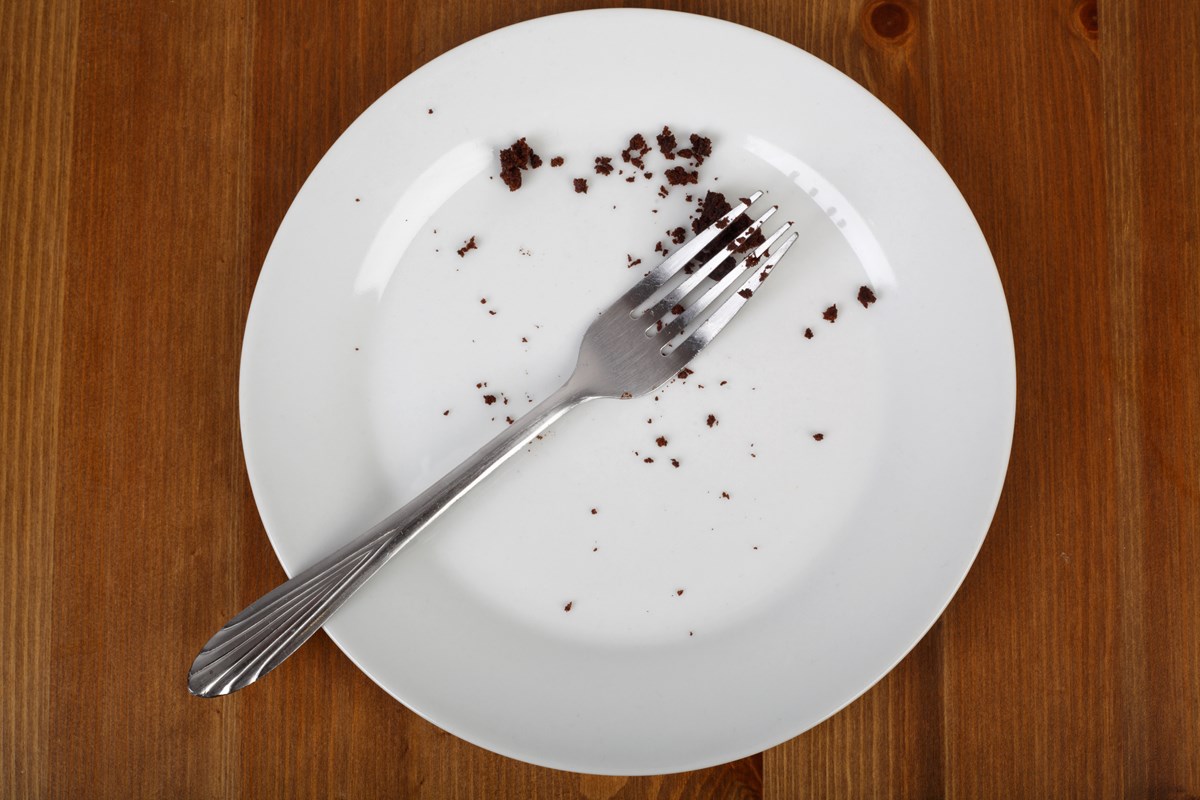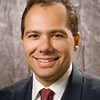Today’s exceedingly narrow decision in Masterpiece Cakeshop kicks all the big questions down the road. While it’s gratifying that, by a 7-2 vote, the Supreme Court reversed Colorado’s persecution of Jack Phillips—the baker who was happy to serve gay people but would not make a cake for a same-sex wedding—it did so only on the basis that the state commission charged with enforcing anti-discrimination law itself displayed anti-religious animus. That’s an unusual circumstance that’s not necessarily in play in the other wedding-vendor cases that periodically arise.
Today’s rule of decision is case-specific rather than some clarifying First Amendment principle.
Indeed, the petition of the Washington florist, Arlene’s Flowers v. Washington, is currently pending before the Court; with today’s narrow ruling, the justices can’t simply send that case back to the state supreme court for reevaluation—because, again, today’s rule of decision is case-specific rather than some clarifying First Amendment principle.
Although most of the briefing and commentary surrounding Masterpiece (mine included) focused on the free-speech aspect—Phillips’s main argument was that he was being forced to convey a message he didn’t agree with—the way this ruling ultimately came down wasn’t unexpected given the way that argument went. Indeed, Justice Anthony Kennedy, whom everybody assumed (correctly) was the key to this case, showed flashes of anger at the attitudes shown by certain members of the Colorado Civil Rights Commission. And so, Kennedy concludes in his short opinion (18 pages, most of which is a basic recitation of factual and procedural background) that “the Commission’s treatment of Phillips’ case violated the State’s duty under the First Amendment not to base laws or regulations on hostility to a religion or religious viewpoint.”
That holding is joined not just by the so-called conservative justices (John Roberts, Clarence Thomas, Samuel Alito, and Neil Gorsuch), but two of the so-called liberals (Stephen Breyer and Elena Kagan). The other two justices (Ruth Bader Ginsburg and Sonia Sotomayor) disagreed, finding the commissioners’ anti-religious statements irrelevant to the ultimate application of the law.
The Court Dodges the Real Questions Being Asked
But can an artistic professional be compelled to produce something for an event he disagrees with? How do we decide what kinds of professions get that kind of First Amendment protection? Does it matter that, unlike in the Jim Crow era, gay couples can get cakes, flowers, and other wedding products and services without having to travel too far? How do religious objections work in cases where the government hasn’t displayed anti-religious animus? All of these questions are left for some future case—when potentially Justice Kennedy will no longer be the swing vote.
Justice Gorsuch expands on how the Commission was biased not just in commissioners’ statements, but in applying different standards to different cases.
And on those big issues, when the Court is forced to “go for it” rather than punting, the real action is foreshadowed by the concurring opinions. Justice Gorsuch, joined by Justice Thomas, expands on how the Commission was biased not just in commissioners’ statements, but in applying different standards to different cases, depending on whether they agreed with the viewpoint expressed. It’s a characteristically well-written exegesis that goes beyond Kennedy’s bare bones.
Justice Kagan, joined by Justice Breyer, takes issue with Gorsuch’s characterization of how the Commission operates. While a government body can’t act with anti-religious animus, had the commissioners here not stated their bias “on the record,” it’s clear that Kagan and Breyer would have no problem in finding that someone in the business of making wedding cakes can indeed be forced to make them for same-sex couples (or anyone else).
Meanwhile, Justice Thomas, joined by Justice Gorsuch, goes into the free-speech aspect of the case, showing why Phillips was engaged in expressive behavior whose First Amendment protection can’t be blithely undermined. “Forcing Phillips to make custom weddings cakes for same-sex marriages requires him to, at the very least, acknowledge that same-sex weddings are ‘weddings,’” he explains. “The First Amendment prohibits Colorado from requiring Phillips to bear witness to these facts or to affirm a belief with which he disagrees,” Thomas concludes, citing the Hurley case where the Supreme Court ruled that a parade can’t be forced to allow any comers to march (I’ve cleaned up the quotes).
Oh, how I wish that the Thomas concurrence had been the majority opinion. I guess we’ll have to wait for the next case for that.

